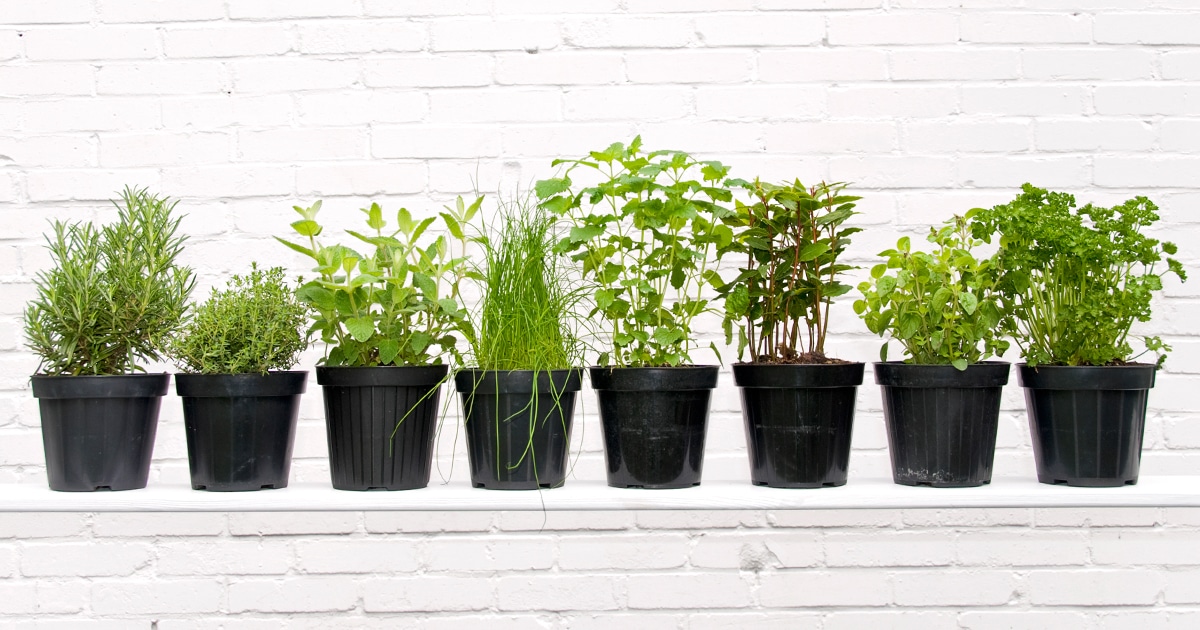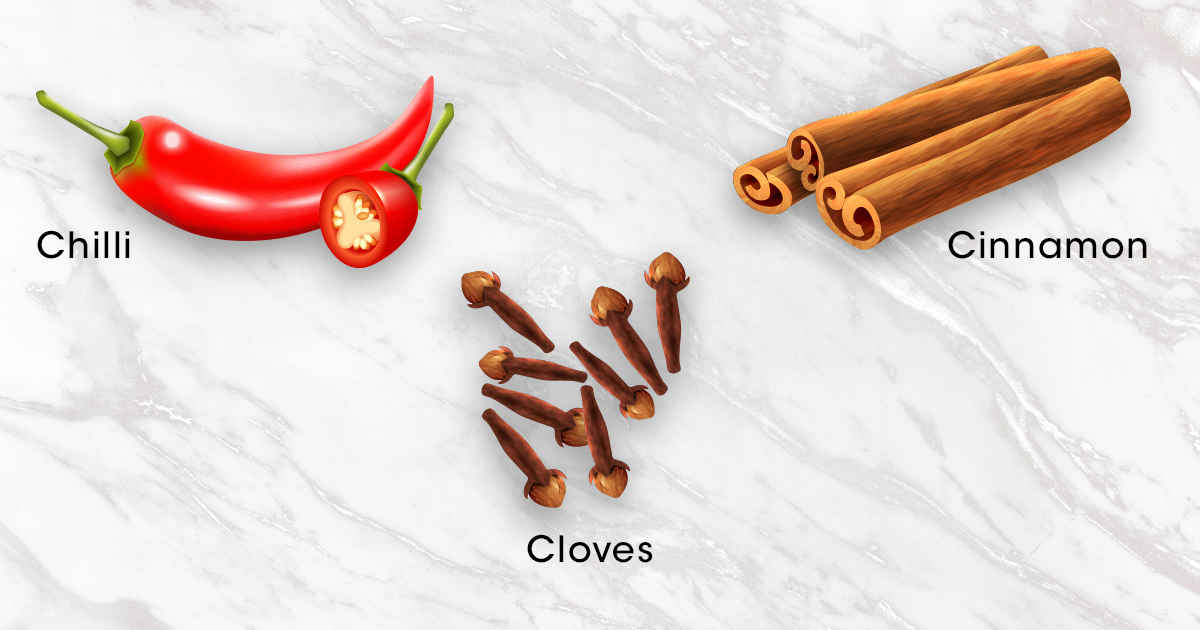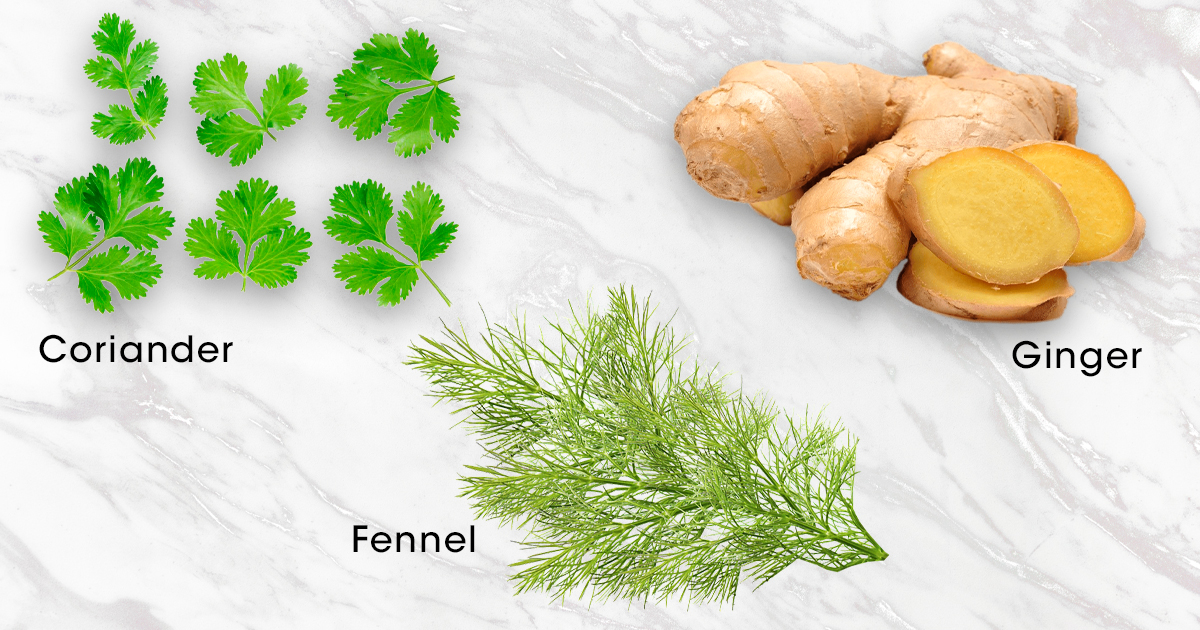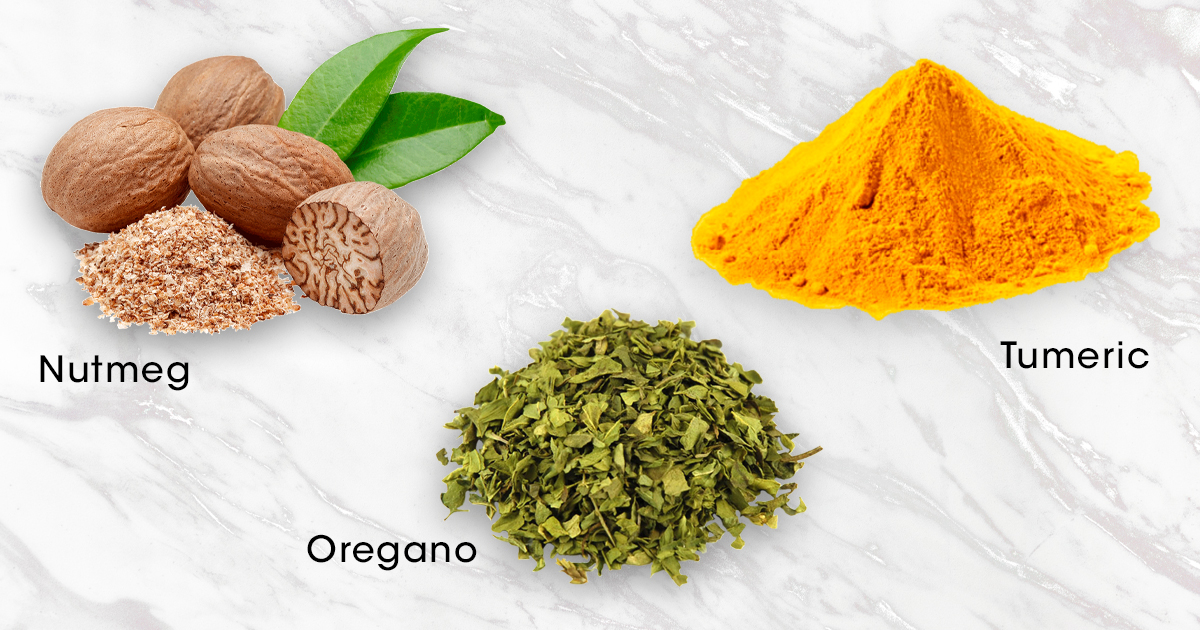How to add some spice to health

A pinch of this and that makes a world of difference to the taste of any meal. It can also do wonders for your overall health. Here are some common herbs and spices and what they do for you.
Herbs and spices are constantly being studied to see what magic they can work as part of a regular diet. Many of them, for instance, are packed with antioxidants that protect your body from damage caused by free radicals.
As always, you have to check with your doctor if you’re on medication and want to change your diet. For the rest of us, these flavourful extras in moderation can be a real boost.

Chilli
Fun fact: there is more vitamin C in a fresh chilli than in an orange! It contains many antioxidants, minerals and other vitamins. The burn comes from capsaicin, which has anti-bacterial, anti-cancer, pain-relieving and anti-diabetic properties. It may also boost metabolism and control appetite. Start slowly if you’re not used to chillis and don’t add the seeds. Some banana with hot food will reduce the burn.
Cloves
These dried flower buds have been used for thousands of years in traditional medicines to fight infections and sweeten the breath. They aid digestion, relieve wind and bloating, protect the liver, control blood sugar levels and even strengthen bones. A whole clove or drop of clove oil on your gum next to a sore tooth will reduce the pain – if you can handle the intense taste…
Cinnamon
Cinnamon comes from the inner bark of certain trees. It is loaded with antioxidants and has been linked to a reduced risk of heart disease. If you have type 2 diabetes, half a teaspoon of cinnamon per day has beneficial effects on blood markers. Add a stick or two to boiled butternut, carrots or sweet potatoes, or use the powder in coffee and desserts.

Coriander
Also known as cilantro or Chinese parsley, this spice comes from the Mediterranean. You can eat the plant, but usually, the leaves and seeds are used. Coriander helps with digestion and is an ingredient of gripe water for colic in babies. It also helps to regulate blood sugar and lowers cholesterol, and is effective against salmonella, a kind of food poisoning. Because it’s antiseptic, coriander can be used to treat mouth ulcers. The seeds, an essential ingredient in good boerewors, are roasted to make a powder and the fresh herb, dhania, is often added to curries.
Fennel
It may look like a weed, but fennel is packed with niacin which helps turn food into energy in our bodies. It also contains calcium and a lot of vitamin C, which helps promote immunity. Try it with fish and seafood – fresh and chopped or cooked in a sauce, or raw in salads.
Ginger
Ginger root has one of the highest levels of antioxidants. It also contains a compound called gingerol, which improves the movement of food through the body and suppresses muscle spasms. That’s why it can settle the stomach, reducing symptoms of nausea (also morning sickness) and cramps (including menstrual pains). Try ginger in curries, smoothies, baking and hot water for tea.

Nutmeg
The seed from a flowering plant, nutmeg is rich in antioxidants. Nutmeg oil is used in dental products to fight bacteria. A little nutmeg in warm milk might help you sleep better. Use sparingly (too much tastes bitter) on bland foods such as gem squash, spinach dishes, rice puddings and white sauces.
Oregano
Italians were on to a good thing when they started sprinkling oregano on pizzas and in tomato sauces. It’s great for treating coughs, congestion, fevers, aches and pains. Some people swear by oregano oil to treat skin problems from insect bites to warts. Use in stews, on pizza and in pasta dishes. Fresh is even better and it grows easily, so consider planting your own.
Turmeric
Also called borrie in South Africa, turmeric contains curcumin which has anti-inflammatory properties. Turmeric tea can ease inflammation and swelling in people with arthritis. Some studies show it may boost the immune system, lower cholesterol and help prevent cancer and Alzheimer’s disease. Turmeric may thin your blood, so stop drinking turmeric tea two weeks before surgery and avoid it if you are on blood thinners. Use the spice for curries or yellow rice.
Sources: https://www.healthline.com, https://www.webmd.com, https://www.insider.com, https://www.medicalnewstoday.com.
Related articles

Latest Jet club magazine
We’ve got the latest trends, exciting prizes and exclusive savings just for you!
Jet Club will not pass your details to anyone else. By clicking the subscribe button you confirm you have read and agree to the Jet Club Terms and conditions and Jet Club Privacy Statement.
Subscribe

